More than 50% of water used in US beef production is dedicated to irrigating the row crops that become feed for cattle. By using new irrigation technology, farmers, can greatly reduce the amount of water needed for row crop irrigation and improve the environmental impact of the beef supply chain, the companies say.
Via EcoVadis



 Your new post is loading...
Your new post is loading...

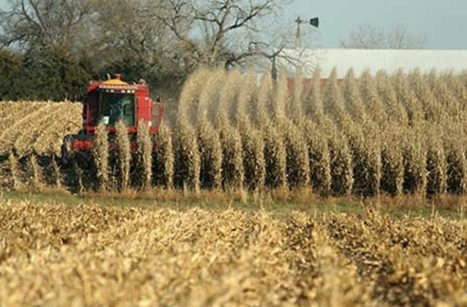

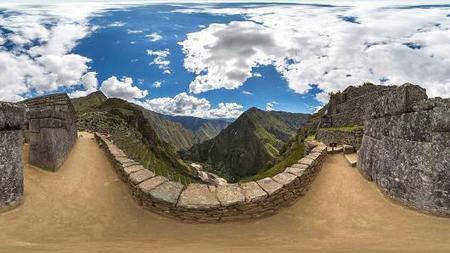


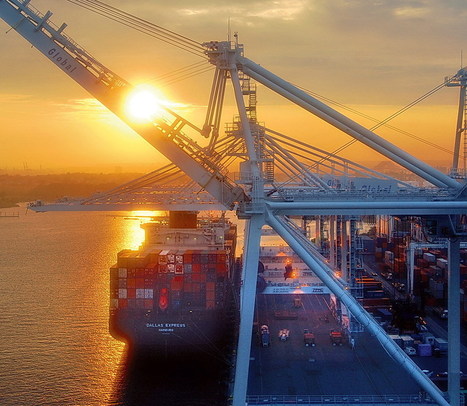
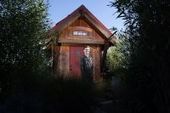
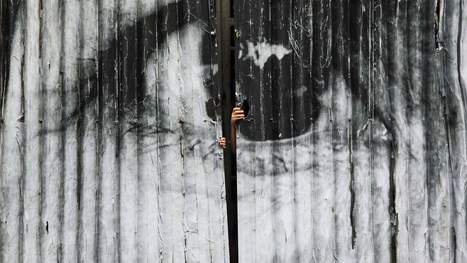
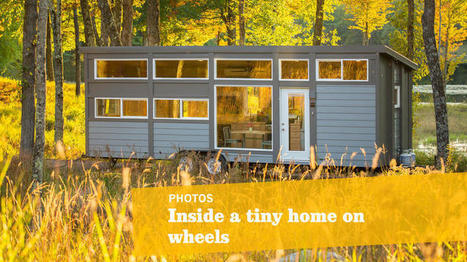
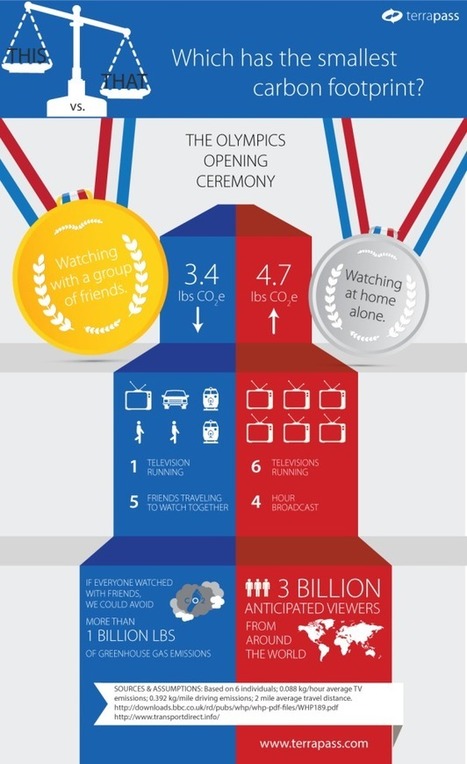

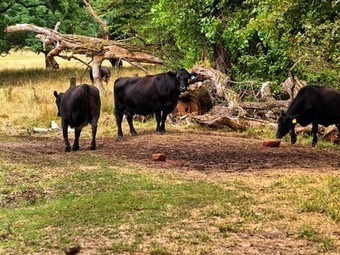





The Smart-weather sensor technology - expected to conserve up to 2.4 billion gallons of irrigation water over three years - will enable farmers to make more informed irrigation decisions. A good step to responsibly utilised our natural resources.